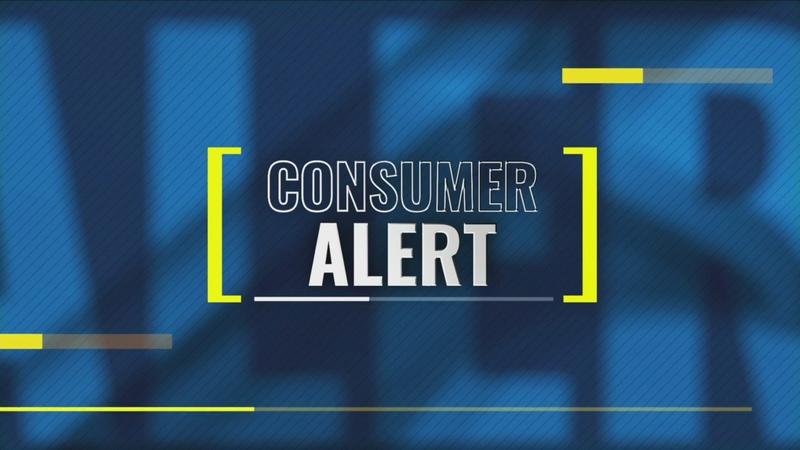Consumer Alert: Are you married to a bank with high fees? Divorce them! Here’s how!
[anvplayer video=”5079603″ station=”998131″]
ROCHESTER, N.Y. (WHEC) — Money management. It’s usually at the top of everyone’s list of New Year’s Resolutions. It’s second only to losing weight. And your first order of business should be to rethink your monogamous relationship with our bank. Many of us open a checking account and stay married to that same financial institution for years. But I read a study today that made me take a good look at that relationship.
J.D. Powers conducts an annual national banking satisfaction survey, and for the second year in a row, Capital One came in first on the list. PNC ranked second and TD Bank ranked third.
Consumers give Capital One the highest marks because they say the bank’s perks save them time and money, meet their needs and lets them bank how and when they want. Money Magazine also ranked Capital one first, rounding out its list are Bank of America, Wells Fargo, Charles Schwab and Citibank. Bankrate ranked Capital One first in its list of national banks. Rounding out its list are Citibank, PNC Bank, TD Bank and Chase.
So it should come as no surprise that earlier this month, Capital One became the first big bank in the country to announce that it’s doing away with overdraft fees. So that got me thinking. As consumers, when we put our money in the bank, we’re buying a service. We’re in control. And if we don’t like what that bank charges, we should take our money elsewhere.
Take a look at the pesky fees big banks usually charge.
- A monthly service fee. It’s a fee just for having an account with them and it’s ridiculous. It can range from $5 to $20.
- Overdraft fees. It’s usually $35 every time your account is below zero and the bank pays for a transaction on your behalf.
- Non-sufficient funds fees. These occur when the bank does not pay for your transaction and charges you $35 anyway.
- ATM fees. This one annoys me to no end. Why should I have to pay to get my own money? But your bank can charge you $2 to $3 for every transaction you make at another bank’s ATM.
- Wire transfer fees. They’re insane. They’re usually $16 to $28. Always ask your bank if you can do a bank-to-bank transfer, which is usually free.
- Paper statement fee. They’re usually about $5 a month.
Rod Griffin, a consumer educator with Experian has more advice for starting 2022 on the right foot.

[News10NBC]
"The first step is having a plan,” Griffin said.“And that plan, with credit cards, is to pay down those credit cards as much as you can. If you can pay them in full that’s the ideal situation. The lower your credit card balances are the better you’ll be, the better you’ll be able to weather any financial shock that may come your way."
Paying off debt is tough, but the avalanche and snowball methods are tried and true approaches. The avalanche involves paying off the bill with the highest interest rate first. The snowball method involves paying off the smallest debts first and getting them out of the way before tackling the biggest debt. Both have pros and cons. Investopedia is a fantastic resource in deciding which method is best for you.